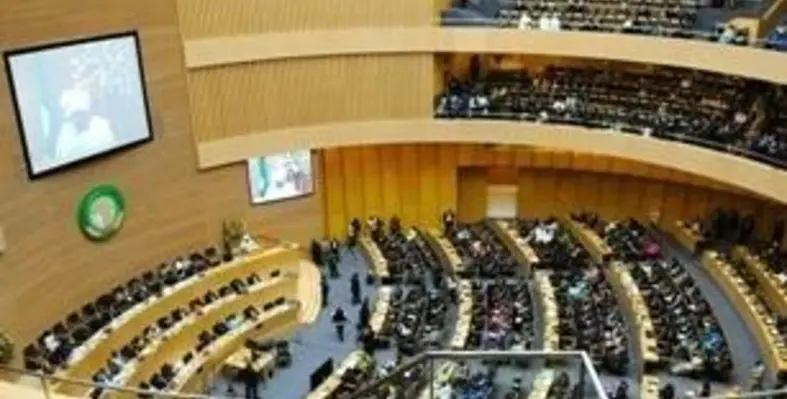Page 1 of 2With nearly one-third of economies across sub-Sahara Africa growing at a rate of more than six per cent this year, African Union leaders have been pushing to diversify investments in pursuit of a continent-wide free trade zone by 2017
The World Bank projects overall economic growth across sub-Saharan Africa at nearly five per cent this year, rising to 5.3 per cent in 2014 and 5.5 per cent in 2015 on growing private-sector investments in the commodities, agriculture and service sectors.
African oil and minerals continue to dominate exports, although their destinations are more diverse. China, Brazil, Russia and India accounted for 36 per cent of African exports with a value of US$144bn in 2012. That is close to the combined US$148bn of 2012 exports to the EU and the USA.
"But high dependence on one or a few commodities makes Africa’s resource-rich countries vulnerable to sharp movements in prices," said World Bank lead economist for Africa Punam Chuhan-Pole.
Tourism is one of the continent's largest growth industries, creating jobs for one in every 20 sub-Saharan Africans today, and with the potential of directly employing 6.7mn people by 2021, according to the World Bank – many of them younger men and women who account for much of Africa's unemployed.
Cape Verde, Kenya, Mauritius, Namibia, Rwanda, South Africa and Tanzania have all simplified tourism policies, liberalised air transport and diversified tourism offerings, drawing investors to a sector that brought more than 33mn visitors to Africa last year, generating receipts of more than US$36bn.
"For African countries looking to sustain and increase growth, tourism can be harnessed through joint public and private sector efforts to achieve growth, wealth creation and shared prosperity," said Gaiv Tata, Africa director of financial and private sector development for the World Bank.
Remittances now worth an annual US$33bn are helping boost African household incomes. Gross fixed capital formation has grown steadily from more than 16 per cent of GDP in 2000 to more than 20 per cent in 2011.
The World Bank, however, said poverty and inequality remain "unacceptably high and the pace of reduction unacceptably slow" with almost one out of every two Africans living in extreme poverty.
World Bank vice president for Africa, Makhtar Diop, said, "Sustaining Africa's strong growth over the longer term while significantly reducing poverty and strengthening people's resilience to adversity may prove difficult because of the many internal and external uncertainties African countries face."
"Natural disasters such as droughts and floods are occurring more frequently, while the threat of conflict continues with recent events in the Central African Republic and Mali reinforcing the need for peace, security and development to take place at the same time," Diop added.
Toward that end, African Union Commission chair Nkosazana Dlamini Zuma was in New York for the UN General Assembly where she met with Secretary General Ban Ki-moon on economic development and security in the Central African Republic, DR Congo, Guinea Bissau, Somalia, Sudan and South Sudan.
At a meeting on climate change, Zuma called on donors to honour their financial commitments to prevent climate change from undoing African development.
"Given the seriousness of the climate change challenges, developed countries that are historically responsible for this dangerous externality should provide compensation for the damage to Africa caused by global warming," she said. "This is particularly important, given the fact that despite contributing virtually nothing to global warming, Africa has been one of the primary victims of its consequences as the most vulnerable continent."
Story continues on page 2...












